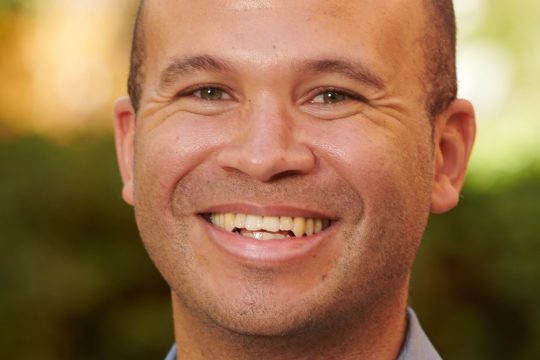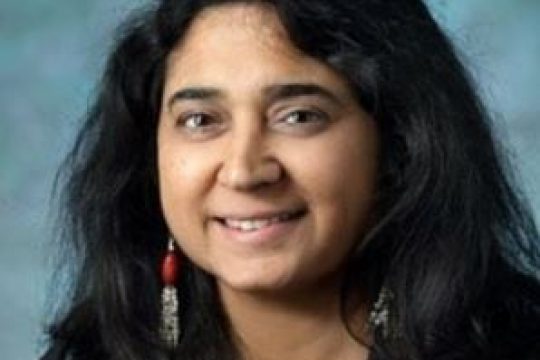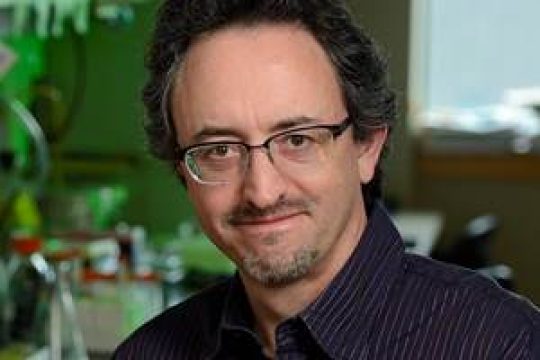Animals, including humans, have stable relationships with communities of microorganisms collectively referred to as the microbiota. These communities profoundly influence the biology of their hosts, impacting host features such as immune function, metabolism, and even so-called “higher” traits such...
We study the molecular mechanisms underlying a variety of nucleic acid transactions, including DNA transposition, RNA synthesis and RNA processing. The current research focus of my laboratory is to understand the molecular underpinnings and biological significance of complex virus-host...
Non-ribosomal peptide synthetases (NRPSs) are large enzymatic systems responsible for the biosynthesis of a wealth of secondary metabolites, many of which are used by pharmaceutical scientists to produce drugs such as antibiotics or anticancer agents. To synthesize all of...
For the 34 million people infected with HIV-1, the best current hope for avoiding the fatal consequences of the infection lies in treatment with antiretroviral therapy (ART), which consists of combinations of three drugs that inhibit specific steps in...
The Rao laboratory studies the role of novel ion transporters in human health and disease. One project focuses on the calcium signaling in breast cancer. We showed that an isoform of the secretory pathway Ca2+-ATPase, SPCA2, interacts with ion...
The outcome of most parasitic relationships is decided by an elaborate series of events involving hundreds of proteins. Understanding this interaction requires the analysis of the molecular mechanisms operating in both organisms and the causal relationships acting at the...
My laboratory is interested in the molecular mechanisms by which cells interpret signals from their environment that instruct them to proliferate, differentiate, or die by apoptosis. This process is of fundamental importance in the development and function of the...
CRISPR-Cas loci serve as acquired immune systems which protect their bacterial and archaeal hosts from viruses and plasmids. CRISPR immunity occurs in two phases: First, short DNA segments from foreign invaders are captured and inserted into the CRISPR locus...









